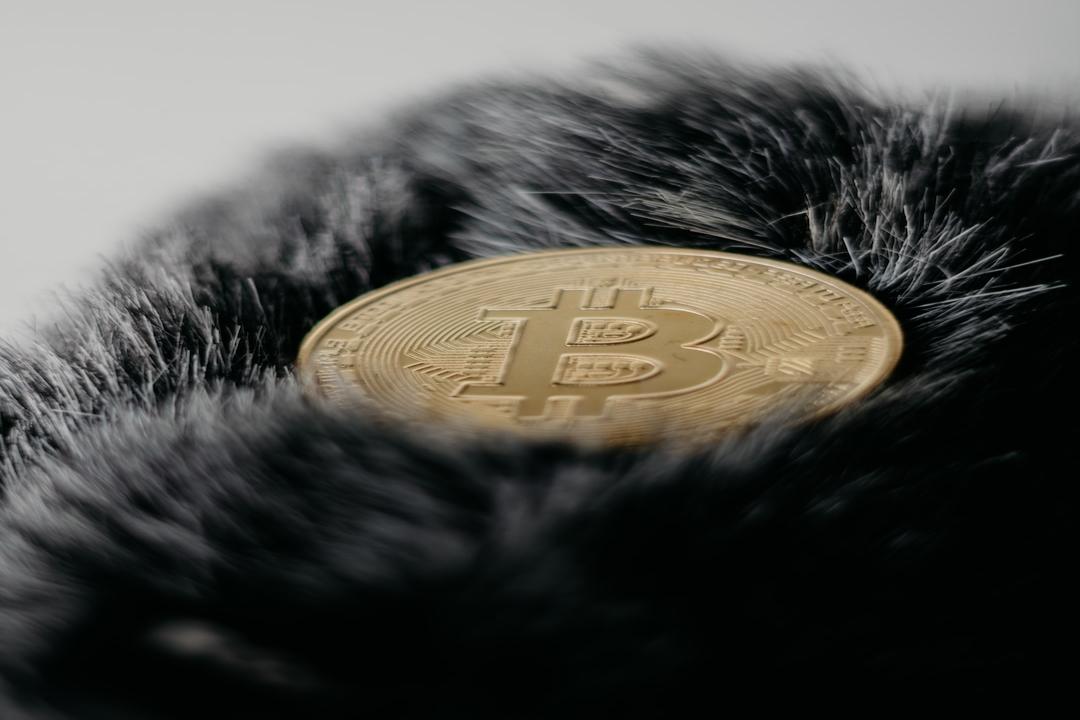Paraguayan senators sought to temporarily ban Bitcoin mining for at least 180 days earlier this month. However, they have now suspended the ban and are considering selling surplus electricity from the Itaipu hydroelectric plant to miners to generate additional revenue for the National Electricity Administration. The senators will hold a public hearing on April 23 to discuss the pros and cons of Bitcoin mining in the country.
On the 8th, Paraguayan senators issued a statement expressing their support for local and foreign investment in infrastructure. They hope to gain economic advantages by selling excess energy to miners. The senators expect that the 45 licensed mining companies can generate $48 million in revenue this year and over $125 million by 2025.
Due to the low cost of electricity generation at the Itaipu hydroelectric plant in Paraguay, approximately $22/MWh, the National Electricity Administration plans to sell excess electricity to local Bitcoin miners at a price of $40/MWh, which is expected to yield a net profit margin of 45%.
Senator Salyn Buzarquis estimates that this would equate to an annual income of $73 million and generate $17 million in taxes for the Ministry of Finance. This would help the National Electricity Administration avoid bankruptcy and create more employment opportunities.


